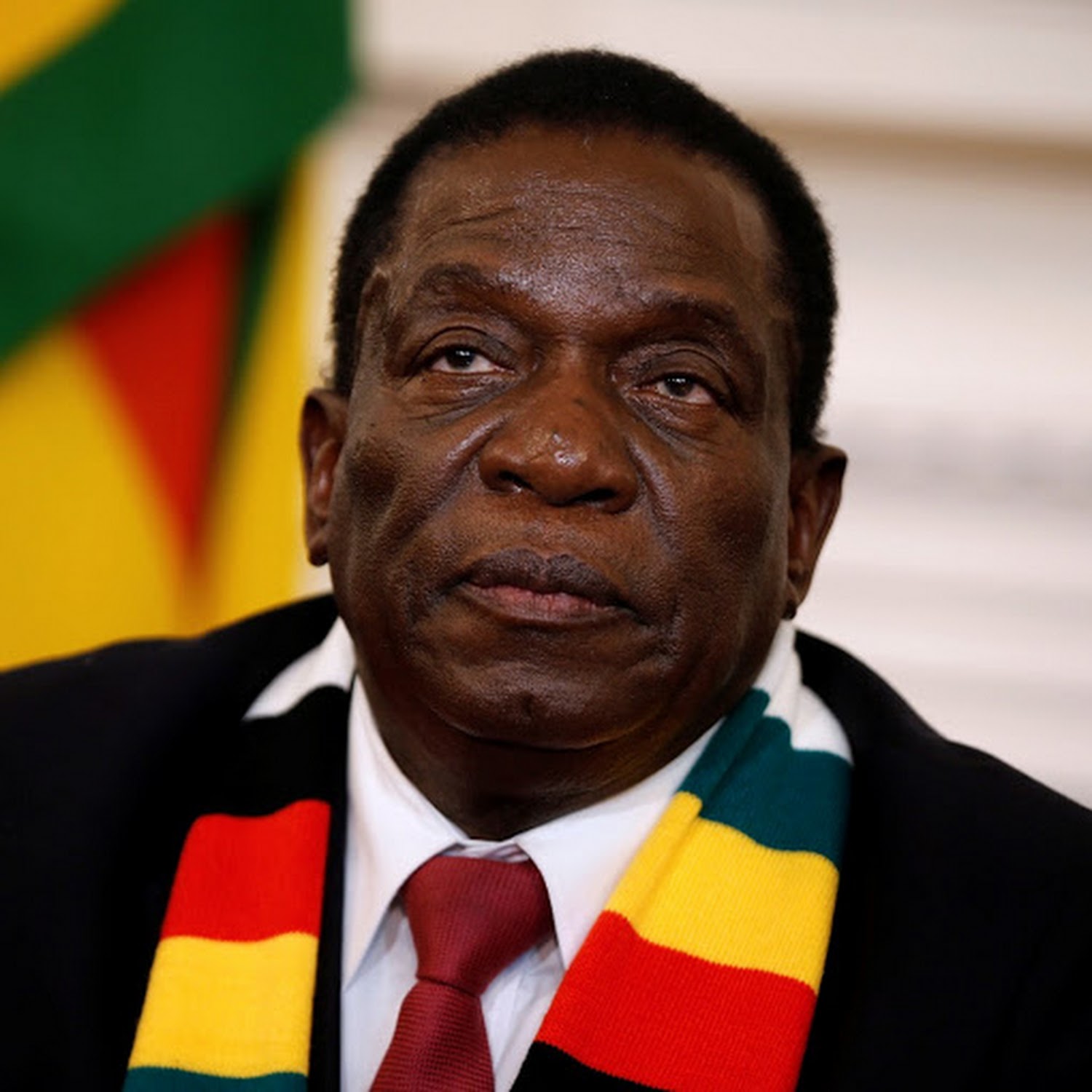President Emmerson Mnangagwa has warned his opponents that their attempts to disrupt his efforts to address Gukurahundi and attack the chiefs he has appointed, through disinformation and political maneuvering, will not succeed.
The president emphasised that Gukurahundi requires a homegrown solution and reiterated his belief that the chiefs are best positioned to handle the matter due to their close connection with the communities.
He declared that attempts to undermine this reconciliation initiative would meet the same fate as those that arose during the 1987 Unity Accord agreement. President Mnangagwa further advised the chiefs to be cautious of external influences that could derail the process and exacerbate internal conflicts.
Hinting desperation to have this matter concluded, speaking at the fourth interface with the National Council of Chief members at the Bulawayo State House on Friday, President Mnangagwa said he hopes the outreach meetings will not extend over a year but more time may be invested if necessary.
“Our dedication to the resolution of the Gukurahundi issue is unwavering. We understand the need for closure. While we hope that this process will not extend beyond a year, we are prepared to invest the time required to bring about a resolution that is just, comprehensive, and accepted by all parties involved,” he said.
Mnangagwa’s administration embarked on this process in February of 2019, where he outlined that Gukurahundi would be resolved through an “internal and homegrown process that would invite all the affected.”
President Mnangagwa acknowledged that “disinformation and political posturing have attempted to cast a shadow over our efforts” as they approached the official launch in the first quarter of this year.
“This is not a recent phenomenon, the unity agreement of 1987, which serves as the foundation of our current initiative, was consummated against the efforts of hostile elements some of which were instrumental in sowing the seeds of division amongst us. These challenges are not insurmountable and as was the case in the past they shall not succeed,” he said.
“In the face of these challenges, we stand united, driven by a shared commitment to reconciliation, and healing.”
The president also expressed “with no small measure of satisfaction” that the implementation of the initiative to resolve the Gukurahundi issue has “reached an advanced stage.”
He noted that over 1 008 service providers, including Chiefs from the affected regions, have been capacitated and trained to conduct the Gukurahundi Community Outreach Programme.
“The National Council of Chiefs, as the custodians of our culture, traditional practices and values are best placed to handle this issue through their intimate and close relationship with the people,” Mnangagwa said, claiming he handed them the assignment after extensive consultation with “all” stakeholders.
“This decision was not made without some reflection. As we embarked on this process, we were not unaware of, nor had we forgotten the external factors that ignited this conflict in our midst.”
President Mnangagwa said the decision to resolve Gukurahundi “on our own, amongst ourselves is based on the realisation that none but ourselves can determine our destiny as a nation.” “Okonakalayo elizweni kulungiswa ngabanikazi balo. Zvinokanganisika munyika, zvinogadziriswa nevene vayo,” he quipped.
“I, therefore, take this opportunity to urge everyone involved in this exercise to maintain heightened alertness for external influences that seek to derail our process and drive us back to a scenario of internal disputes and conflict. The unity of our nation must be guarded jealously against detractors both internal and external.”
The president also announced that the budget for the Gukurahundi Community Outreach Programme was confirmed and in place.
“We are committed to ensuring transparency and accountability in this process, and the figures will be reviewed before being made public,” he said.
“I want to assure you that all the necessary equipment and modalities are in place for the successful implementation of this mammoth task. All the participants of this exercise have been availed with the necessary equipment to enable them to achieve our noble objectives.”
Mnangagwa reiterated that this initiative is implemented for the benefit of people and his commitment to a victim-centered approach remains “steadfast, ensuring that the process is not just efficient but also empathetic.”
The president also praised the Matabeleland Collective for their active role in engaging him since the process started in 2019.
However, Matabeleland Collective, a network of the clergy and civic society groups in the region developed cracks after some of the members felt uneasy when they were viewed as aligned to the Zanu PF-led government and broke away to form a new platform known as Matabeleland Forum.
“Our journey has been marked by collaboration with various organisations, civic societies, faith-based groups, and Chiefs from Matabeleland North and South,” said the president.

